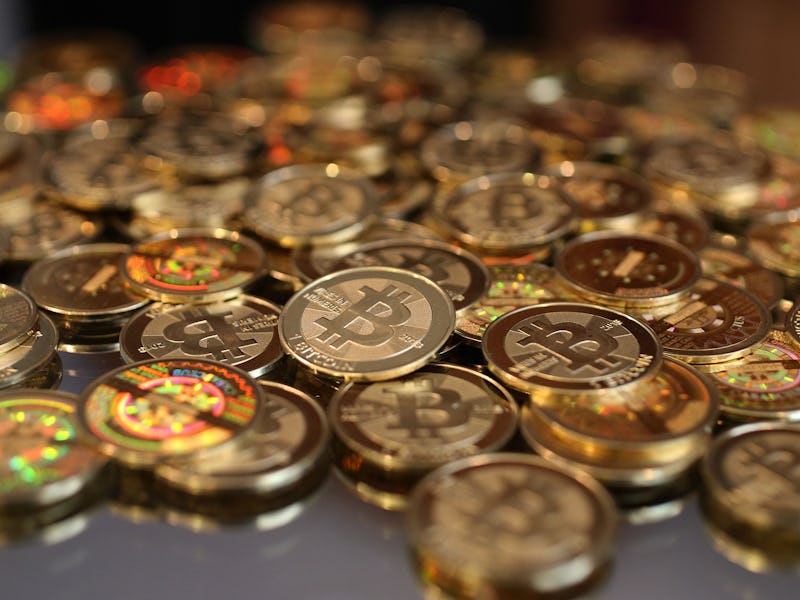How Bitcoin Socialism Saved Bitfinex After $69 Million Theft
More users might soon be paying for other people's losses.

Nine months after it lost $69 million of bitcoin to hackers, the Taiwanese bitcoin exchange Bitfinex is slowly regaining its ability to do business. It suffered one of the largest-ever losses of virtual currency in August of last year, prompting a dip in user trust that temporarily tanked bitcoin’s overall value by almost 15 percent. It eventually repaid every bit of lost value to its users, but this week’s announcement that some users will soon be able to withdraw their bitcoins in U.S. dollars is the real threshold of not just surviving this crisis, but succeeding in the face of it.
Bitfinex managed to prove an important example of how bitcoin and other blockchain economies might one day become reliable enough to actually take on the more serious responsibilities that many foresee for them, such as hosting social services.
Bitfinex managed this remarkable turn-around thanks to an unorthodox reaction to the crisis. In the days after thieves made off with tens of millions of dollars of user money, the exchange decided that it would “socialize” the losses. In other words, anyone who had an account with Bitfinex lost value due to the theft, even if their particular account hadn’t directly lost any money.
The reaction was about what you would expect — angry comments and threats to organize behind a class action lawsuit. One commenter put it this way:
Should the losses be socialized? Hell no. A thief takes the cd player from your car. We all park in the same parking lot. My car wasn’t stolen from. Does it make sense that the lot manager should rip the cd player out of my car and give it to you just because we park in the same lot? No, it doesn’t. This is a correct analogy that applies to this situation.
One big reason that the exchange didn’t end up getting sued is, much to the surprise of many of its users, it actually had a class action waiver clause, but just as important was the fact that its users knew there was at least a chance the plan might succeed; the basic approach had been tried before after a much smaller-scale theft. Users also knew they could end up ruining their own chances of being reimbursed by taxing the business side of the exchange just when it was most fragile.
Nobody gets repaid if the whole exchange goes under.
In the weeks after the theft, Bitfinex offered users a choice: cash out now at whatever rate you can get people to pay for Bitfinex bitcoins, or keep your account and hope that Bitfinex will eventually be able to pay its users back in full. Those who did want to sell found they were getting prices like 15 cents on the dollar, showing that very few outsiders were willing to buy into the exchange and bet that it would be able to pull out of its spiral toward bankruptcy. Those who did take the risk and buy Bitfinex bitcoins at that low-value point, however, were eventually paid out at about 8-to-1.
Still, there was some luck involved. During the same period Bitfinex was in the most trouble, bitcoin itself was surging in value, which helped keep the organization afloat. It also still has some bank permissions left to restore, but this week’s restoration of some ability to withdraw funds shows that the exchange is least most of the way out of its period of crisis.
It’s important to build trust in models like this, aimed at letting virtual currency communities get through these sorts of catastrophic situations. Even by living long enough to make good on its obligations, Bitfinex may have proven that a steady hand on the tiller can make cryptocurrencies more stable than many assume. Remember that whenever there’s a pitch to put a service on the blockchain, it’s a pitch to balance that service atop a virtual mini-economy that will be subject to crises just like this one.
If Bitfinex can earn back users’ trust and return to full strength, it could sketch out a model for dealing with blockchain-based catastrophes in the future. Though they’re the darlings of the libertarian movement, virtual currencies could soon be at least partially protected by the belief that people are strongest when they carry risks together.